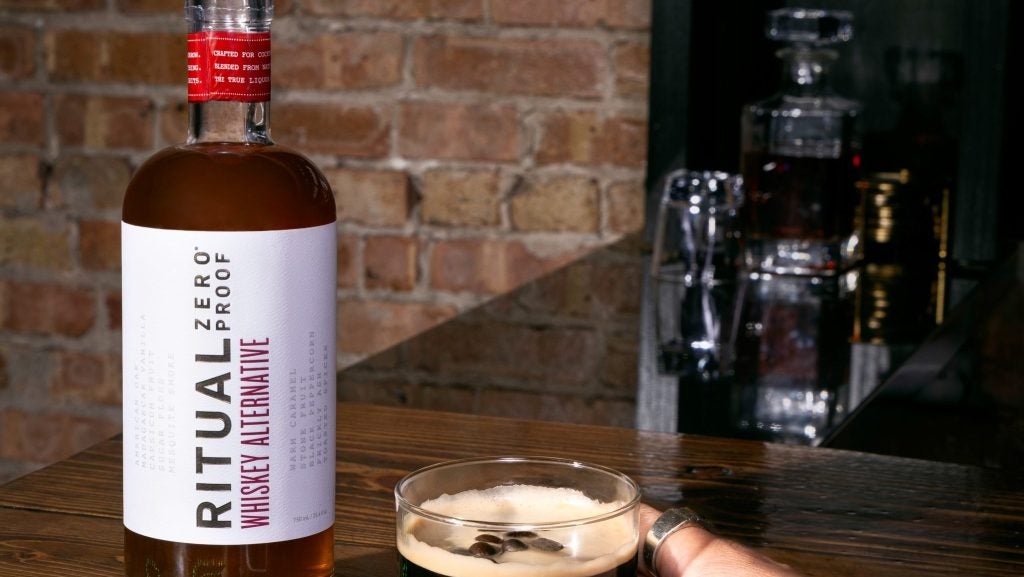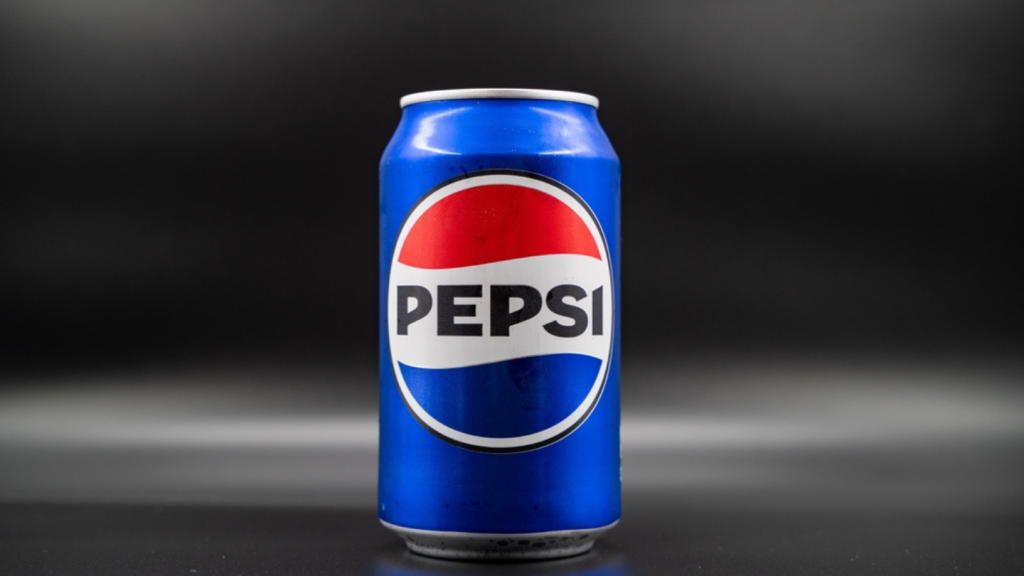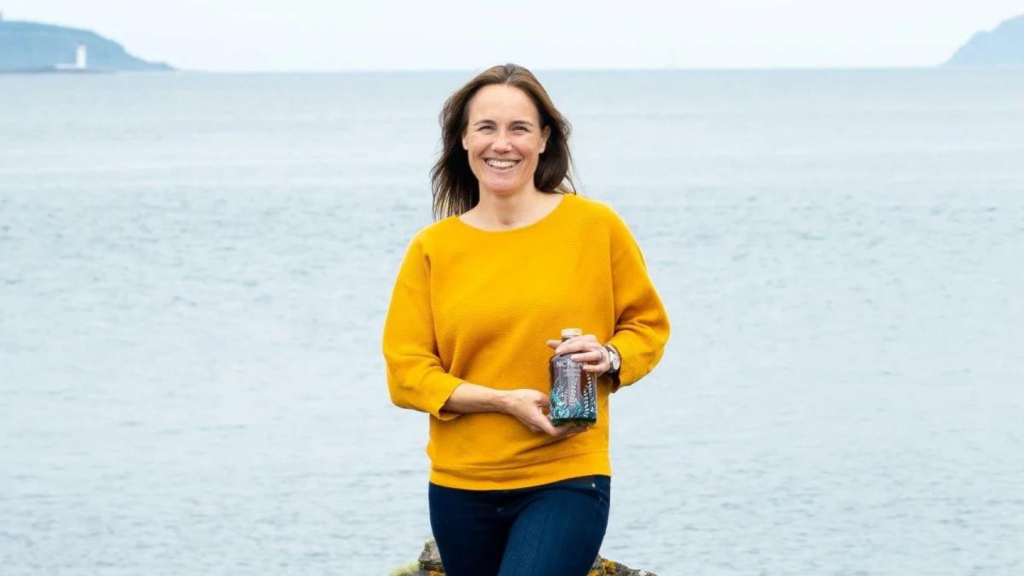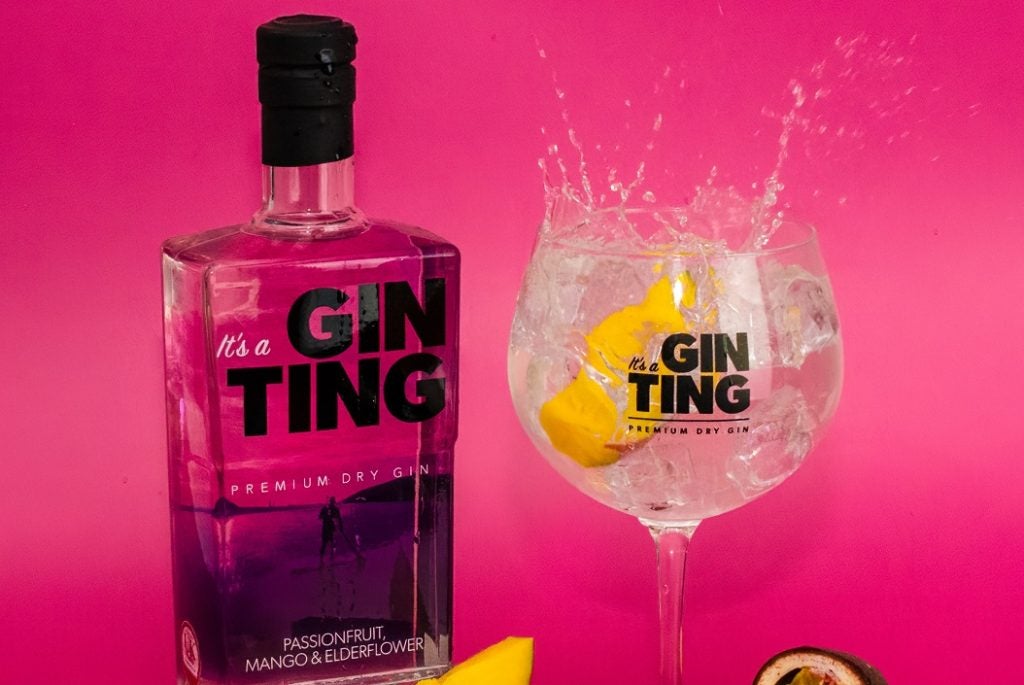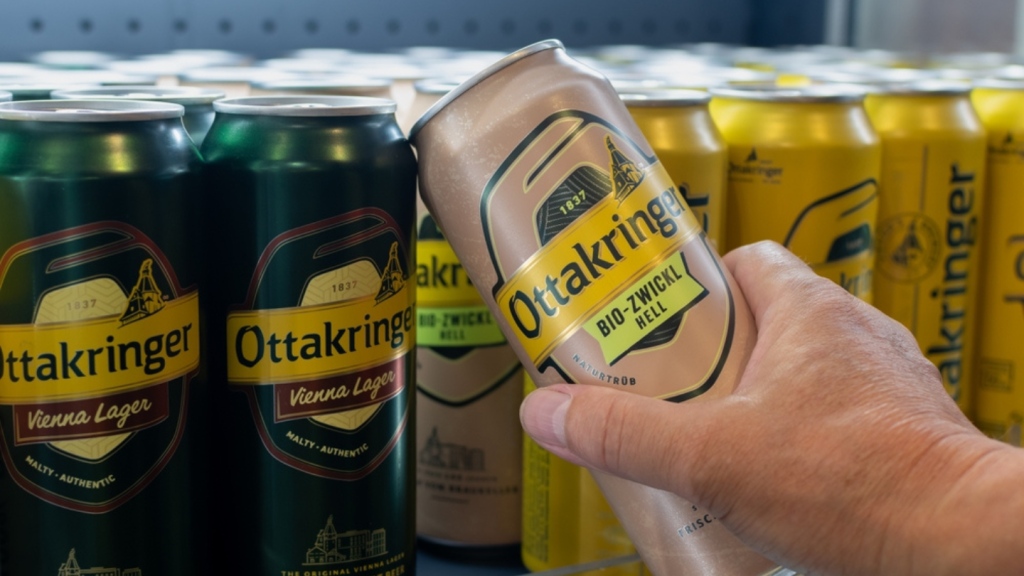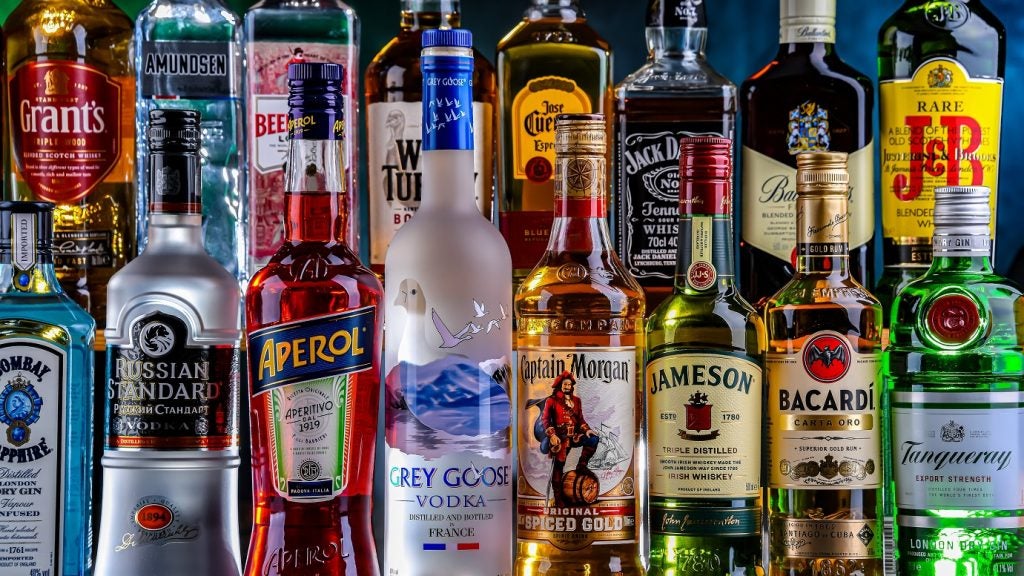No stranger to making inorganic investments in no-and-low, Diageo’s latest move in the emerging category has seen the spirits major take full ownership of a business in the US.
And it’s a move welcomed by industry watchers.
The owner of Seedlip’s non-alc spirits alternatives has bought full control of Chicago-based Ritual Zero Proof.
Like Seedlip, Ritual Zero Proof first had Distill Ventures – the Diageo-backed accelerator – on-board as a minority investor for a few years before the Tanqueray gin maker then proceeded to buy it outright.
Set up in 2019, Ritual Zero Proof produces non-alcoholic versions of well-known spirits. Its range of five products includes alternatives to Tequila, gin, rum and whiskey.
The company’s products are sold in bricks-and-mortar stores across the US like Total Wine & More, as well as online to US consumers through the likes of Amazon, as well as its own website.
In a statement, Diageo said it was “well positioned to build on Ritual’s already strong position with its significant presence in the non-alc category”.
It added the move was “in line with Diageo’s strategy to acquire high-growth brands in exciting categories”.
Richard Wyborn, a partner at UK-based food-and-drinks consultancy Food Strategy Associates, welcomed Diageo’s latest move.
“It fits nicely into the portfolio, it’s premium, growing quickly – one of the fastest-growing private companies in the US per Inc 5000 – and targets the younger demographic who are drinking less alcohol,” he told Just Drinks. “If the sector does continue to grow as people think it could do, then securing the pure-play non-alc spirits market leader could give Diageo first-mover advantage.”
It's strategically important that Diageo continues to look to shape its portfolio for what appears to be one of the fundamental shifts in the beverage-alcohol market – the rise in moderation and the growing demand for non-alcoholic alternatives.
Of course, the sector is in its infancy and there remain significant questions about which types of products will win out and how big the market will get.
Nevertheless, for the world’s beverage-alcohol multinationals, it’s imperative that they work to try to get ahead of their competitors and carve out footholds in the still-emerging area.
“The non-alcoholic spirit category is still very niche but shouldn’t be ignored,” Francois Sonneville, senior beverages analyst at Netherlands-based financial-services group Rabobank, says. “In Europe, the category doubled over the past four years and, if alcohol-free beer serves as a blueprint, there is much more potential.”
Some of Diageo’s investors might – at present – be more interested in the challenges the Johnnie Walker maker has faced in its core businesses.
There’s no question the UK-based giant has had a testing 12 months. It’s approaching a year since problems in Latin America sparked a profit warning that sent its shares tumbling. In the year to the end of June, Diageo’s sales dropped 1.4% on the back of a 5% decline in volumes. As well as the troubles specific to Latin America, Diageo – like many distillers – has seen its sales falter in the US amid weaker demand for pricier spirits.
A day after the Ritual Zero Proof announcement, Diageo, ahead of its AGM, put out a brief note on its current trading. In the statement, CEO Debra Crew said the company’s expectations were “unchanged” from June when it issued its annual results, adding: “The global environment remains challenging for both our industry and Diageo.”
Consumers, Crew said, “continue to be cautious” but, looking ahead, insisted: “I believe that the fundamentals for global TBA [total beverage alcohol] and particularly the spirits industry remain strong and am confident that when the consumer environment improves, growth will return and the actions we are taking will position us well to outperform the market.”
It was – as most pre-AGM statements from listed companies are – a brief and general statement but it was welcomed by equity analysts covering Diageo. “After more than a year of bad news, it was good to hear that conditions aren’t worsening,” TD Cowen analyst Robert Moskow wrote in a note to clients. “Diageo may have significant upside if spirits consumption returns to historical patterns but the path to getting there remains unclear.”
Notably, however, Moskow's note also included his support for the move for Ritual Proof Zero.
“While small, we view the deal as further evidence that non-alc has become a legitimate subsegment of the market, which captures incremental occasions and enhances growth,” he added.
For all the apparent potential for non-alc spirits, there are two basic issues any company looking to tap into the demand for the products (and nurture it further) needs to bear in mind: taste and branding. The market for non-alc beer took off when taste improved and spirits are seen by some as a tougher nut to crack.
“Technically, it is even more challenging for spirits and wine than for beer and, if the spirit is used in a cocktail, there is also competition from non-alcoholic premix drinks and cordials,” Sonneville tells Just Drinks.
“For spirit companies, it is therefore extremely important to get the positioning of their alcohol-free products right. There also is a serious risk that the category won’t take off so spirit companies need to be disciplined.”
David Crooch, one of Ritual Zero Proof’s three co-founders, is to take on the position of general manager of Diageo’s non-alcohol business.
Retaining Crooch appears a wise move as the Guinness brand owner looks to continue to build demand for its non-alc products.
“It will be interesting to see what Diageo do with [Ritual Zero Proof],” Wyborn reflects. “Do they try to push it through their network as they would a bigger, more established brand, or do they let it continue to operate fairly independently to avoid it growing too quickly?”


